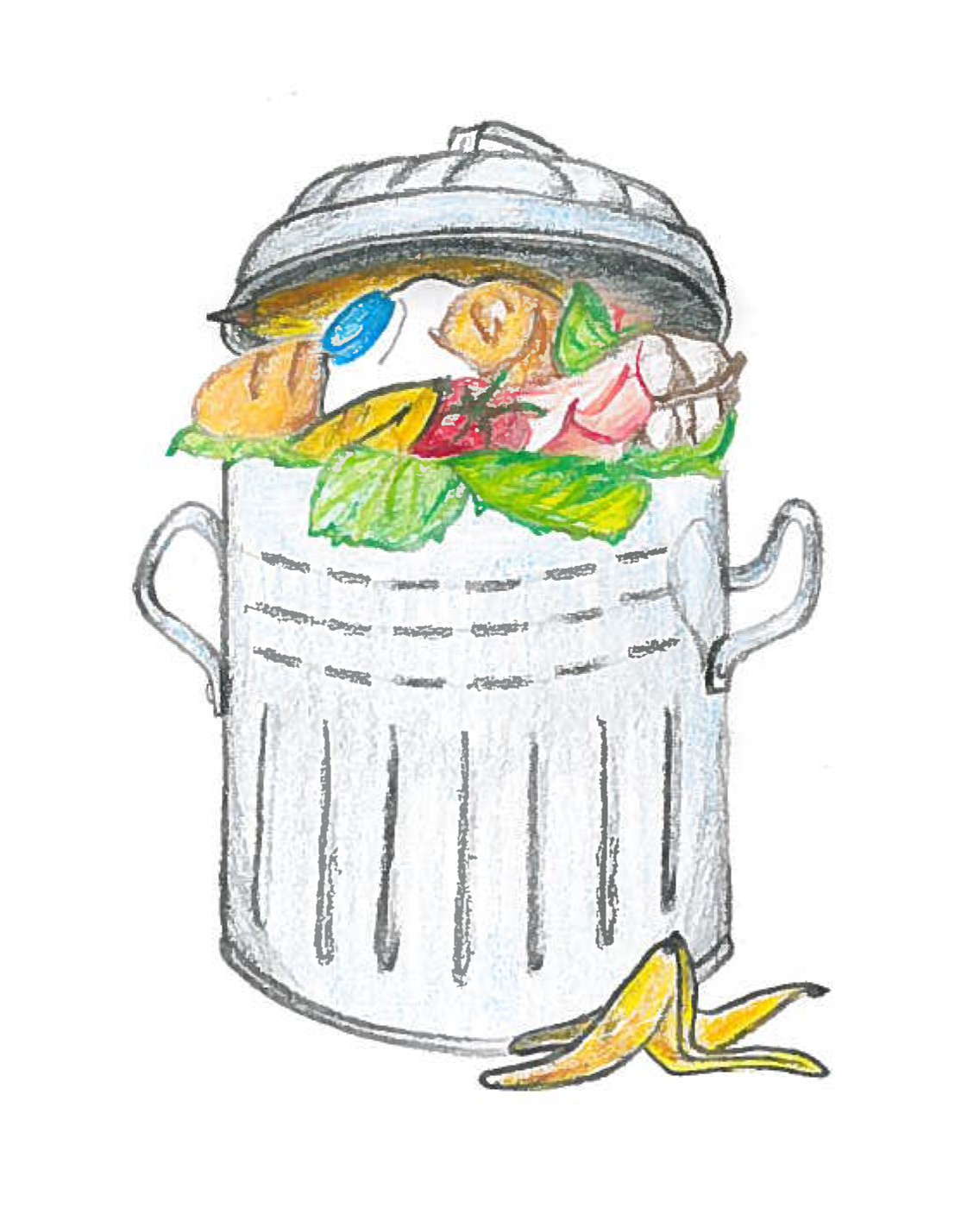The pile up of recycling in Montreal has reached a crisis which will likely continue to grow, as one of Quebec’s primary recycling operators plans to close two sorting centres in Montreal as early as Feb. 3. Unfortunately, China’s 2018 ban on several types of recyclables has caused a shift in the world market for recycled and recuperated goods, causing a waste crisis in dozens of cities around North America. The uncertain future of Montreal recycling threatens to damage the ethos of recycling and erode trust in sustainable practices.
In recent years, Canadians have tossed paper, plastic, and glass into curbside bins, assuming that they would be recycled into new goods. In 2019, however, exports of recycled materials dropped significantly, leaving cities across Canada to deal with a surplus of these materials. This decline in demand is largely due to countries like China and Hong Kong reducing their imports of Canadian plastic scraps by 96 and 72 per cent, respectively. As cities across Canada scramble to cope with a decreasing demand of recyclable goods, operating costs have begun to soar, and materials are piling up with fewer places to send them.
The recycling dilemma Montreal faces is a symptom of a problem that long precedes a flip in the world market. In an effort to simplify the process for consumers, the City of Montreal uses a single-stream recycling process in which all materials are collected together and sent to a sorting facility. While single-stream recycling is easier for residents and has been shown to increase participation rates, it is often more costly and leads to higher contamination rates. Contamination issues are often a result of overzealous individuals who hope to recycle more than is accepted. Even a small amount of food or a used pizza box has the potential to send entire batches of recycling to the landfill.
This problem is evident within the McGill community as well. The nature of student living promotes needless waste; regardless of the season, one can find an abundance of garbage littered around the Milton-Parc community. A recent study suggests that only nine per cent of Canadian recyclable plastics end up in appropriate sorting facilities. Come May, the issue is exacerbated, as students rush to get rid of couches, carpets, chairs, and everything in between. While student initiatives such as ‘Trash 2 Treasure’ aim to pick up the waste, unfortunately, many of these items end up on the streets surrounding campus instead being sold, recycled, or donated.
Often, when materials do end up at sorting facilities, the materials are contaminated and ultimately end up being sent to landfills. Problems with contamination are forcing many sorting centres to refuse more and more varieties of materials. Other cities have opted to tighten curbside recycling criteria, requiring residents to sort their own paper, plastic, glass into separate bags and containers.
Even with strict criteria, recycling centres are struggling to keep up. The damage these closures will have on perceptions of sustainability is profound. If Montrealers do not trust that their recyclables are being handled properly, they may lose faith in the entire operation and abandon their previous recycling habits. Similarly, if consumers lose faith in recycling, they may begin to regard sustainable behaviours as an ineffective way to effect meaningful change.
While the city of Montreal has a responsibility to provide recycling services to residents, individuals should view these closures as a warning that it is time to change their habits. Instead of foregoing the three Rs: Reducing, reusing,and recycling; residents can use this as an opportunity to ameliorate their previous habits. Students should reflect on which items are necessary for their apartments, plan ahead to dispose of them correctly when they move out, and educate themselves on how to sort materials properly on campus and at home. Ultimately, the economy is not perfectly circular and recycling alone cannot effectively achieve sustainability; recycling is the last ‘R’ and it is imperative that focus be shifted toward reducing and reusing.







